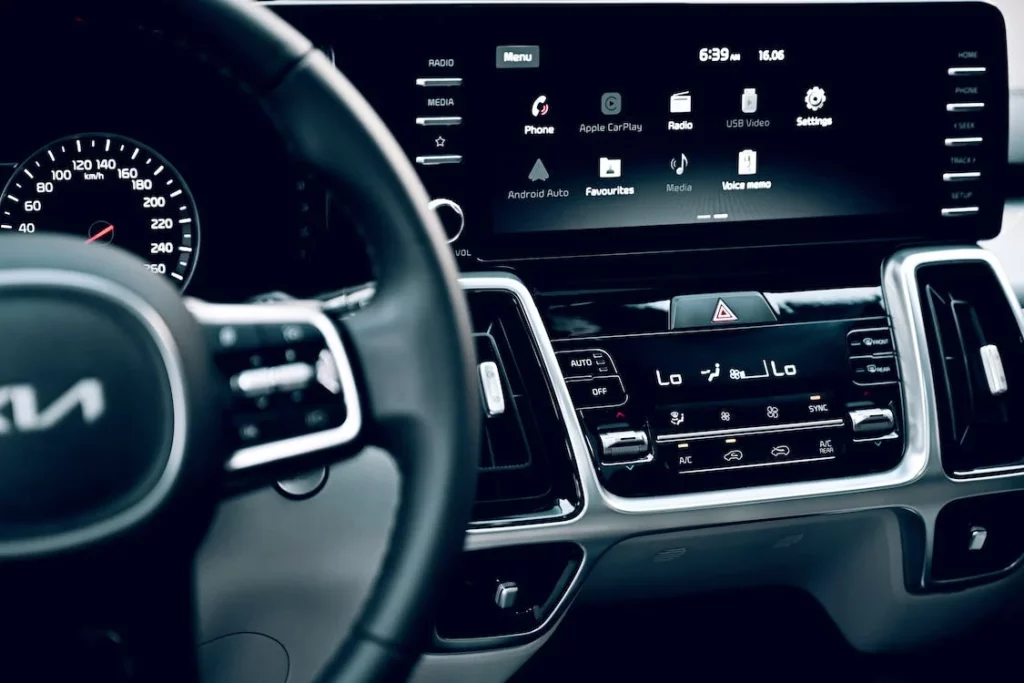Designing and Developing Custom Android Hardware for Specialized Use Cases
In today’s rapidly evolving technological landscape, Android has emerged as one of the most popular operating systems for mobile devices. Its open-source nature and adaptability have paved the way for the creation of custom Android hardware that caters to unique and specific industry requirements. Custom Android hardware refers to devices that run the Android OS but are tailored with distinct hardware features, setting them apart from standard devices. These hardware customizations are meticulously crafted to address the needs of diverse sectors, including rugged industries, gaming, healthcare, education, and more.
1. Rugged Devices: Building for Tough Environments
Industries such as construction, logistics, and field services demand devices that can withstand harsh conditions. Custom Android hardware for these sectors incorporates ruggedized exteriors, durable screens resistant to impacts, and increased protection against water and dust infiltration. These features ensure that the devices maintain their functionality in challenging environments.
2. Gaming Devices: Elevating the Gaming Experience
The gaming industry has embraced custom Android hardware to enhance the gaming experience. These devices boast physical gaming controls akin to traditional gaming consoles, advanced cooling systems to prevent overheating during extended gaming sessions, and high-refresh-rate displays for smoother graphics. Such specialized hardware transforms Android devices into portable gaming powerhouses.
3. Point-of-Sale (POS) Systems: Streamlining Transactions

Businesses rely on custom Android hardware for point-of-sale operations. Integrated barcode scanners expedite the checkout process, while receipt printers provide immediate transaction records. Additionally, NFC readers enable seamless contactless payments, enhancing both efficiency and customer satisfaction.
4. Healthcare Devices: Innovations in Patient Care
In the healthcare sector, custom Android hardware plays a pivotal role. Medical tablets equipped with barcode scanners facilitate patient identification, reducing errors. RFID readers aid in tracking medical equipment, ensuring proper inventory management. Integration with electronic health record systems enables healthcare professionals to access critical patient data promptly and securely.
5. Industrial Control Devices: Powering Automation
Custom Android hardware finds application in industrial automation. Devices tailored for this purpose come with specialized communication ports and protocols to seamlessly interact with machinery. Enhanced security features ensure safe and reliable control over industrial processes.
6. IoT Controllers: Navigating the IoT Landscape
The Internet of Things (IoT) relies on custom Android hardware to function as controllers for various IoT sensors and devices. These custom devices support a variety of communication protocols such as Zigbee and Z-Wave, enabling seamless interaction with IoT ecosystems.
7. Digital Signage and Kiosks: Engaging Experiences
Custom Android hardware transforms digital signage displays and interactive kiosks. With large touchscreens and integrated cameras, these devices provide engaging user experiences. Durable enclosures ensure longevity, even in high-traffic public spaces.
8. Education Devices: Empowering Learning
Educational institutions benefit from custom Android hardware tailored for classrooms. These devices offer stylus support for note-taking and creative tasks, durable keyboards that withstand the rigors of student use, and easy device management tools for educators.
9. In-vehicle Infotainment (IVI) Systems: Enhancing Driving Pleasure

Custom Android hardware finds a niche in the automotive industry with in-vehicle infotainment systems. These systems provide integrated navigation, entertainment options, and connectivity with the vehicle’s functions, enhancing the overall driving experience.
10. Custom Sensors and Peripherals: Expanding Possibilities
Custom Android hardware can be designed to interface with specialized sensors and peripherals. This enables applications in scientific research, environmental monitoring, and data collection, expanding the range of possibilities for Android devices.
Conclusion: Tailoring Innovation with Custom Android Hardware
The landscape of custom Android hardware is a testament to the versatility and adaptability of the Android operating system. From rugged industries to healthcare and beyond, these devices are the result of collaboration between hardware manufacturers and software developers. This synergy ensures that the hardware components are seamlessly integrated with the Android OS, delivering optimized performance and an enhanced user experience. As industries continue to evolve, the demand for custom Android hardware will likely grow, driving innovation and pushing the boundaries of what these devices can achieve.


